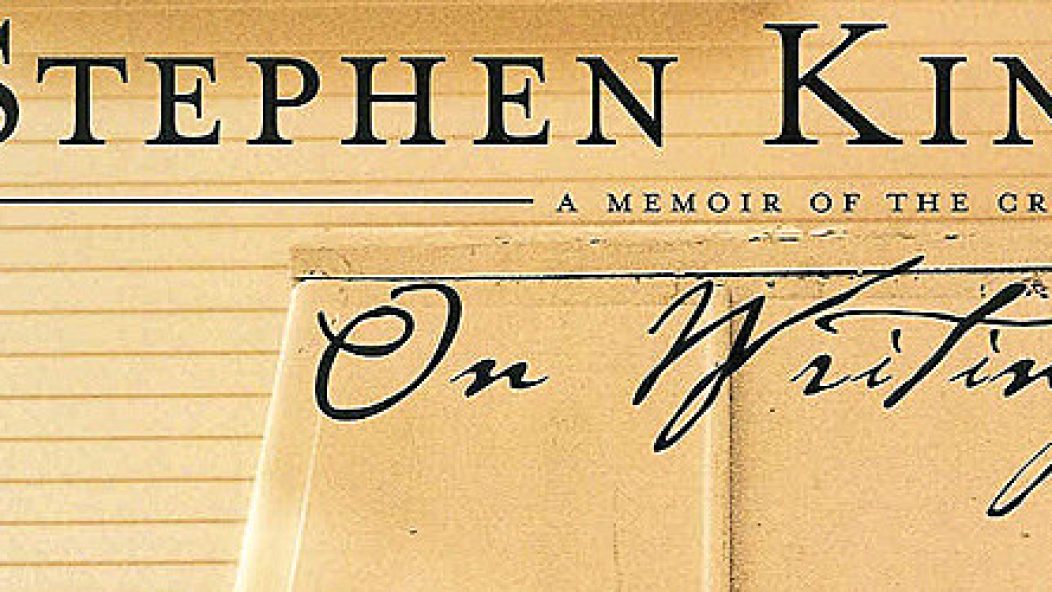
A guide to writing about music, pt. 1: Reading
. . .
In response to my call for community participation in this site, many people said they wanted to write for it. However, I am an extremely tough editor, and I expect standards not to fall after I leave. I have turned away many writers because they didn’t meet my standards.
To better educate IO writers, present and future, as to what I want, I’m setting out a three-part guide to writing about music. It is not the be-all and end-all on the topic. Rather, it’s a set of resources from which to draw inspiration.
This first part is about reading.
Annie Proulx said it best:
My feeling is that the best way to learn how to write is to read – widely, deeply, omnivorously.
This makes sense on two levels. The first is that old computing axiom, “Garbage in, garbage out”. 99% of writing about metal is bad. If you only read writing about metal, you will only write like other writing about metal. Your writing will likely be bad.
The second is that writing is essentially problem-solving. The problem is how to communicate ideas to people. Since no two audiences are the same, it’s good to know different approaches to writing. Dan Brown and Virginia Woolf are as different as writers get. Yet both offer valuable lessons for writers (Brown: how to make people turn pages; Woolf: how to create a mood). In fighting, all-inclusive disciplines like mixed martial arts and Bruce Lee’s Jeet Kune Do come to mind. These are about wielding and breaking tradition as necessary to achieve objectives.
So this post will lay out the greatest influences on my writing about music. They have filled my writer’s toolbox with much wisdom – even though sometimes I forget to apply it.
. . .
METAL
. . .
Andrew Aversionline
Aversionline is the single largest influence on Invisible Oranges. This site started as a blatant rip-off of Aversionline’s MP3 blog. In the early to mid ’00s, however, Aversionline was an album reviews site that thousands frequented. Andrew’s writing has become more terse over the years, no doubt due to time demands. But back in Aversionline’s early years (archive), he would review releases thoroughly – music, lyrics, packaging, the whole deal. What I learned from Andrew Aversionline was the importance of artwork and packaging to music. To this day, they matter to me, even though I (paradoxically) hate physical media formats.
Adrien Begrand
Adrien Begrand‘s writing at PopMatters was what made me give writing a go. His writing about metal was as accessible and informed as any other writing about music I’d seen. What I learned from Begrand was the importance of research. Know your shit before you write about it!
. . .
NON-METAL
. . .
Stephen King – On Writing
Every aspiring writer should read this book. I’m not even a fan of King’s actual writing, but this memoir/guide to writing may be the best creative writing course you’ll ever get. He discusses both mechanics and psychology, and it’s all invaluable.
The Economist, The New Yorker
Back when I could afford these magazines, they were a huge influence on my writing. The New Yorker has fairly tight editing, but The Economist has 0% fat. I admire the copy editors at the latter. I imagine them to be as lean and shredded as their work product. These magazines are world-renowned for a reason: good writing. If pressed for time, at least read Alex Ross’ writing on classical music for The New Yorker.
Leonard Lyons – The 101 Best Jazz Albums
This book is a somewhat quirky choice. I believe my mother bought it for cheap from a library sale, and I stumbled across it while visiting home years ago. But it had a lasting effect on my thinking – and thus writing – about music. Writing about jazz tends to be about individuals. Jazz has had great bands, but the nature of the music and industry is such that individuals get the most shine. Reading this book made me much more aware of the importance of individuals within bands, regardless of genres. Dave Lombardo is the best drummer for Slayer, not because he’s their original drummer, but because his feel, not Paul Bostaph’s, is best for the band.
Robert Christgau
The self-anointed “Dean of American Rock Critics” is a big reason why we are gathered here today. Anyone who tries to say anything interesting about a record is part of a lineage that Christgau helped form. His writing actually annoys me – it’s too acerbic for me, and he hates metal – but he says a lot with a little. What I’ve learned from Christgau is that some things can truly be characterized in less than ten words.
. . .











